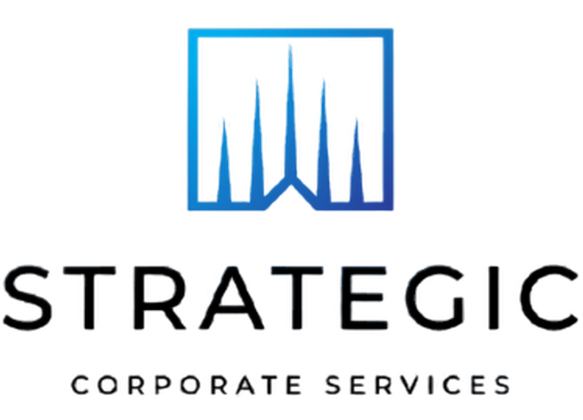What Is Invoice Financing?
Invoice financing is a business-to-business transaction that provides a company the ability to leverage unpaid 30, 60, and 90-day invoices to obtain specialized short-term business financing before your customer actually pays the invoice. With invoice financing (often called other terms like "factoring," "invoice factoring," and "accounts receivable factoring"), a lender will provide specialized asset-based financing by using your business's unpaid invoices as Collateral to advance your company between 70-92% of the invoice's total dollar value. When the factoring lender provides your company or small business the initial advance, they will charge you a fee (usually between 1-3 of the total invoice, along with an additional fee added each week) and hold the rest until the invoice is paid. Once the invoice is paid in full, the remainder of the invoice amount is released to your small business.
Rather than relying on your company's creditworthiness to secure financing, invoice financing companies actually look more at the creditworthiness of your customers, as it is their future payment they are buying at a discount. Invoice factoring companies will usually only advance commercial and government invoices (meaning that they tend not to buy invoices in which the company whose invoice they are buying sells products to consumers rather than other businesses. Most small business factoring companies offer small companies the ability to "spot factor" a single invoice — a one-time factoring transaction in which the relationship between the business and the factoring company ends when the invoice is paid — as opposed to traditional factoring, where there is a continued relation beyond a single invoice.
There are many advantages in deciding to factor your invoices as compared to other forms of business and commercial financing. Factoring your company's invoices allows you quick access to needed cash without having to present the factoring company with all of your business and personal financial statements. The funding process when selling invoices is about as fast as a merchant cash advance and other short-term business loans — which usually take between 1-4 days to fund, without having as high of a rate as those financing options. In contrast, credit is a factor in making a final decision whether or not the factoring company will purchase your company's invoices; it's not the only factor in the decision. In fact, what matters more to the purchaser of the invoice is the creditworthiness of the debtor of the invoice. While the creditworthiness of the debtor is an important metric in deciding whether to approve final funding, the factoring company is able to keep the transaction discreet so the debtor doesn't have to know that such a transaction took place, allowing your company to continue doing business with the company that owes the invoice without causing friction in the business relationship.
There are obvious disadvantages to selling your unpaid invoices, but the main would be that you are only getting a percentage of the total invoice value. However, a company may need to balance the need for full payment with the need for immediate cash for such business needs as inventory, working capital, buying or repairing equipment, marketing, payroll, etc. But the longer the invoice goes unpaid, the more fees the factoring company will charge your business. Usually, these fees are in the 1-2% range (of the entire invoice's cost), and they are added each week the invoice goes unpaid. Over the course of 30, 60, and 90 days, these fees can become quite expensive and leave you with only 2/3 of the invoice's initial value.
Looking into invoice financing? Contact us today at (801) 532-1763 for more information.
